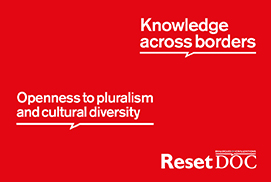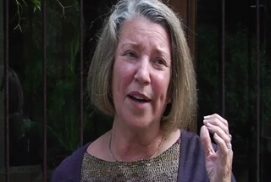1 December 2010
On November 17th 2010, ResetDoc and the Swiss University organisation UFSP Asia and Europe organised a conference on this subject in Zurich, on the theme “Islam in Europe”. Widely reported by the Swiss press, the event was held in the assembly hall at Zurich University, filled with students, professors and ordinary citizens, bearing witness to the fact that the need to address subjects such as pluralism, relations with Islam and European democracies, democratic dialectics between the majority and the minorities, tension between liberal principles and the traditional instruments of democratic deliberation, is a need that a rising number of people consider pressing.




